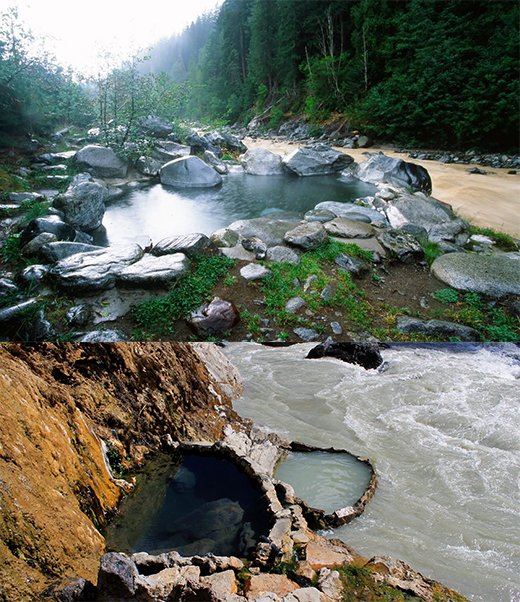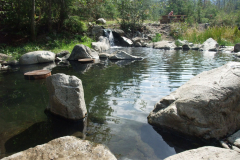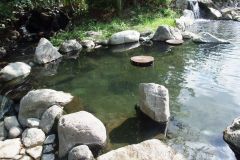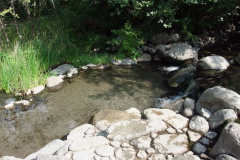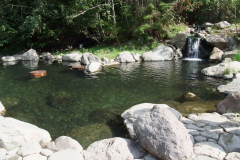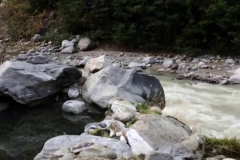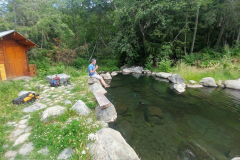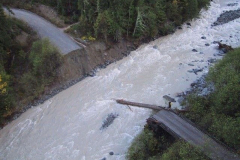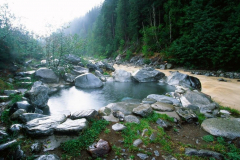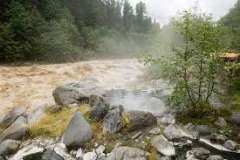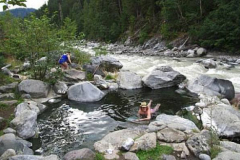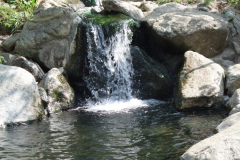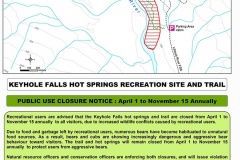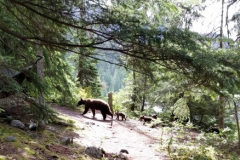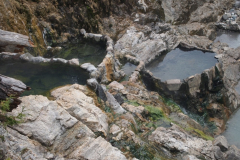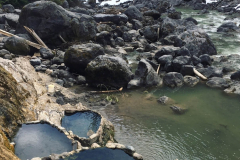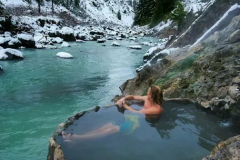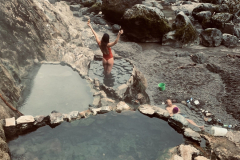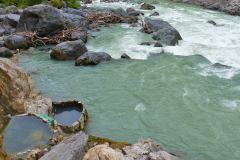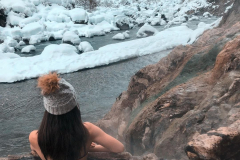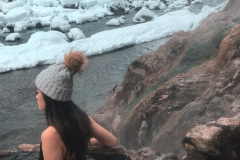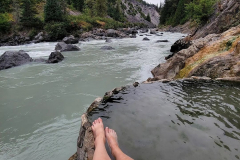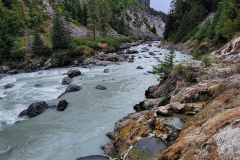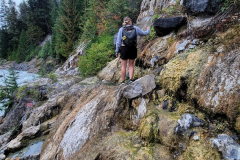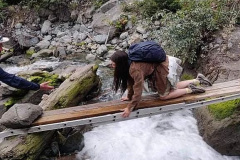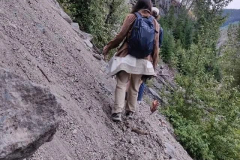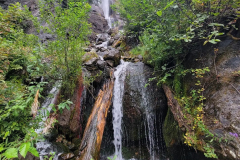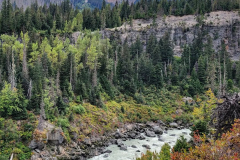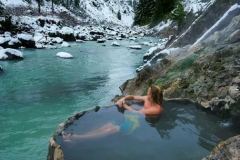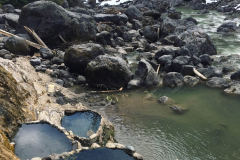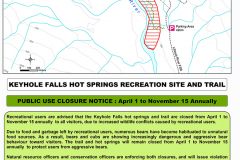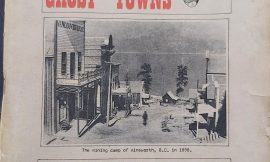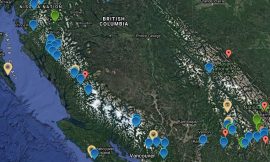Thumbs Up or Down
0 liked this post
0 didn't like this post
The Nqw’elqw’elusten (Meager Creek) and Múmleqs (Keyhole) hot springs
The goal of the management strategy is to reduce issues at hot springs.The implementation of a visitor-use management strategy for the Meager Creek and Keyhole hot springs northwest of Pemberton is currently underway, with main challenges identified and future management strategies in place.
According to a provincial statement released in April, the Lil’wat Nation’s Nqw’elqw’elusten (Meager Creek) and Mmleqs (Keyhole) hot springs are cultural and spiritually significant to the Nation.

The provincial government identified several key issues with the springs through a public engagement process conducted with the Lil’wat last year: unauthorised visitation occurs despite closures, negatively impacting important cultural sites, wildlife, and the environment; Lil’wat citizens do not feel comfortable visiting the areas; and many visitors lack awareness of Lil’wat culture, as well as knowledge about backcountry preparedness, respet, and safety.
In addition, information regarding the springs on social media is frequently erroneous and disregards current closures—Nqw’elqw’elusten is currently closed year-round, while Mmleqs is closed seasonally from April 1 to November 15.
Unsanctioned water diversion is significantly hurting at-risk species like the vivid dancer damselfly, according to the strategy, and user-built tubs at Mmleqs are not professionally designed or maintained.


Chief Dean Nelson of Lil’wat compared the situation to that of Joffre Lakes in recent years, where a surge in popularity fueled by social media has resulted in parking and rubbish difficulties.
“That’s where [the hot springs] were headed,” Nelson said, adding that “I think that’s when the misuse comes in, and it wrecks it for everyone” when natural environments become commodities.
The Lil’wat have developed a shared vision for the springs in collaboration with the province: that the Lil’wat have a presence on the land and that their rights and title are respected; sacred sites, archaeology sites, pictographs, traditional trails, and other important features are protected; Lil’wat citizens can feel comfortable carrying out traditional and cultural practises on the lands; the ecosystem and wildlife of the area are protected; and visitors have an opportunity to experience the springs.
Increased on-site administration, teaching, and monitoring are among the suggestions included in the visitor-use strategy.

But, as Nelson pointed out, it’s still a work in progress.
“I believe [the management practises are] effective. They’re taking their time. “We don’t want to open it right now,” he explained, “so we’re simply looking at different possibilities.”
“We haven’t had much of a say in a lot of what’s going on in our territories, and now that we have, we’re taking our time doing it.”
According to the province, the hot springs provide crucial habitat for the imperilled South Chilcotin grizzly bear population, as well as a migration corridor for deer, moose, and mountain goats.
The Mount Meager Volcanic Complex is also one of North America’s most geologically active locations. Warm weather precipitated the collapse of 53 million cubic metres of rock and debris off Mount Meager’s south face in 2010, making it Canada’s largest historic landslide, and the area remains vulnerable to significant landslides, avalanches, and flooding.
Views:
1,227 views
